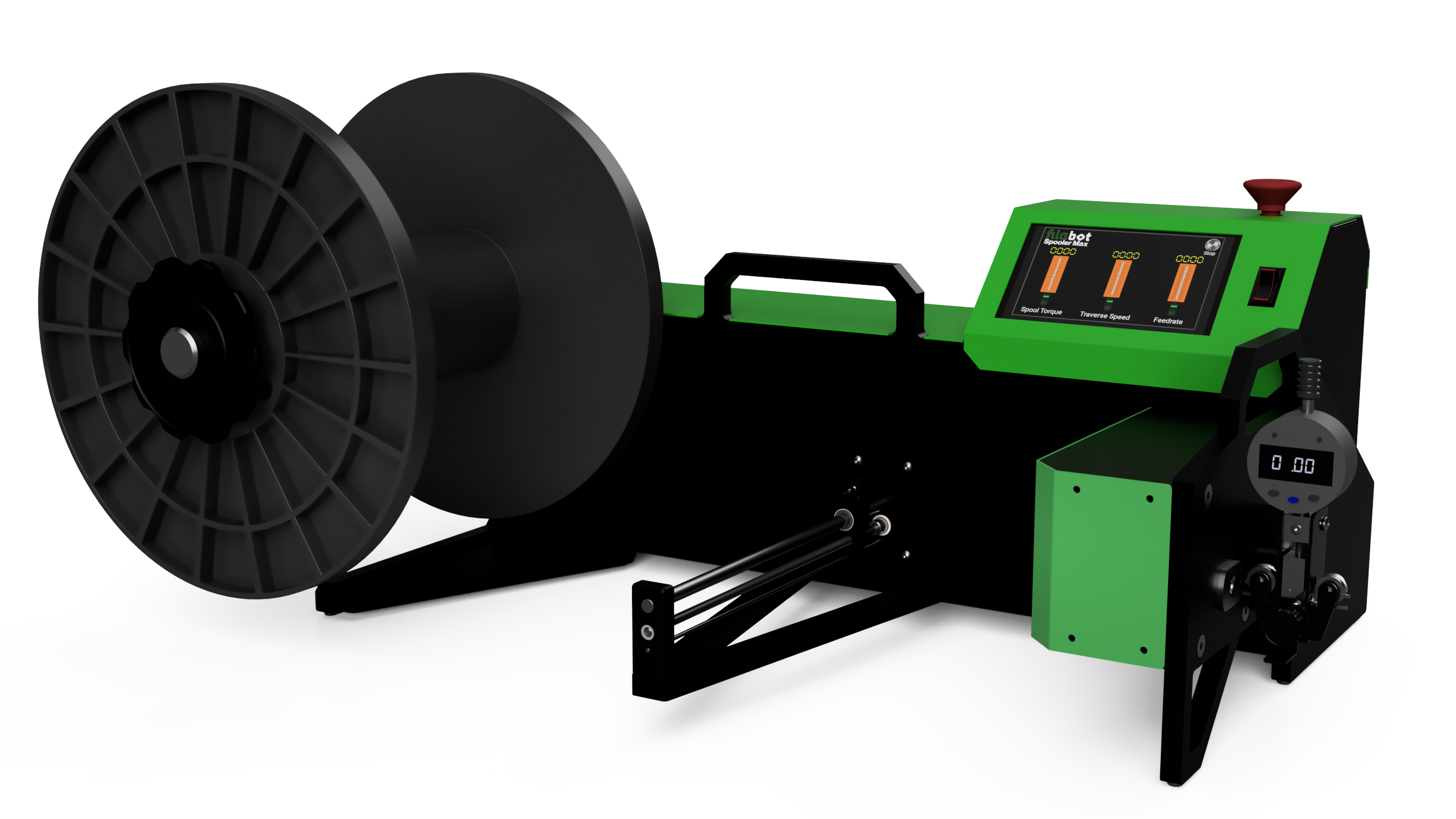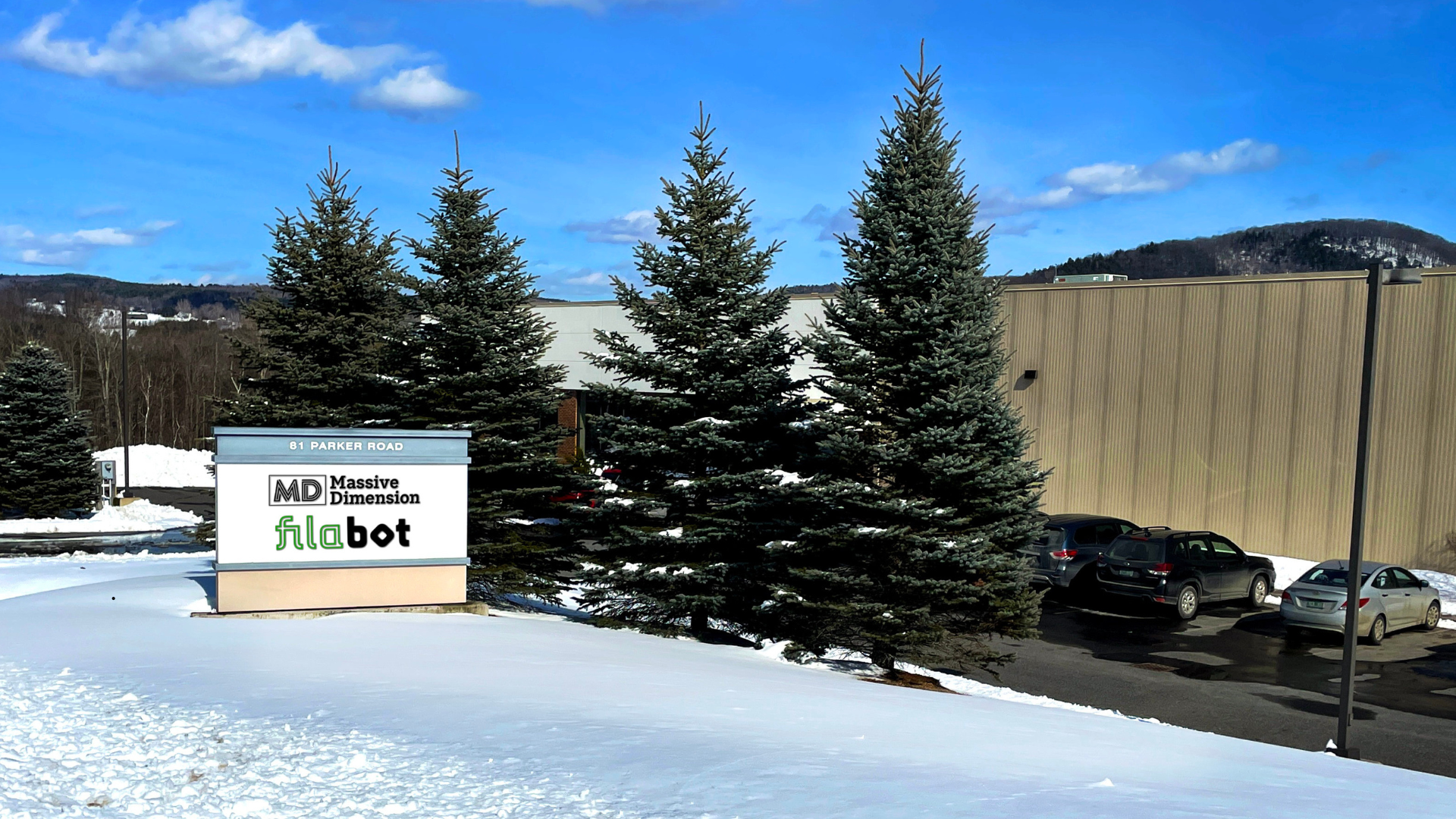If you’ve been reading this blog, we’ve been reading a book called Cradle to Cradle: Remaking the Way We Make Things. If you’ve been following along, thanks! And if not: no worries.
This book by William McDonough & Michael Braungart explores intentional design, eliminating the concept of “waste” altogether, and is one of our staples over here at Filabot. It’s a good book, one that has inspired makers all over the world. The book itself is make out of recycled plastic and though it isn’t a full cradle-to-cradle recycled product it’s working to prove its own point.
By now we’ve read quite a bit of the book and it has resonated with us in many ways. One thing is certain: we’ll always have more work to do. But what’s also certain: the Filabot helps us move in a positive direction.
Recycling is great, but up-cycling, taking “waste” and transforming it into valuable materials that benefit the planet and people in a positive way, is what we’re going for. Which is far off, we’ve got work to do, but we’re excited about it.
One of the first lines I read at the beginning of the end of this book:
The vitality of ecosystems depends on relationships: what goes on between species, their uses and exchanges of materials and energy in a given place.
This is true. This is an important statement. And while I’m no ecologist: we need more thinking like this. How do we relate to “waste?” What can we do to change our thinking to reshape and reform our relationships? More information is important, but more creativity too.
Indulge a fantasy of mine for a second: You’re eight years old and your family works hard to reduce waste. In fact, you don’t use plastic as a rule if you can avoid it. Your parents grew up using mason jars and canvas bags and all in all every two weeks you have one bag full of plastic: jugs, packaging, lids, you name it. But this “waste” isn’t waste, it’s your next action figure or a part to repair the sink. It’s Friday, you get picked up from school and your mom takes you to the community center where local students from the high school and college are recycling plastic with the Filabot. You go up to a touch screen and as your mom hands over the plastic you’ve collected (bag and all), you’re asked to pick out a new toy based on the weight and type of plastic you have. You pick out a new G.I. Joe, or Bob Ross or Princess Jasmine or Rosa Parks. And in two days, your mom will get a text and you can go back to the community center and pick it up, just like that.

Boom. Yeah. That’s the kind of relationship I’m talking about. Where down the street, at your school, or in a community building, new things, useful things that can be continuously remade are at your disposal. I’m talking about freakin’ CAD summer camps here people. And this isn’t far off. Some local libraries are already purchasing 3D printers for community use.
The final chapters of Cradle to Cradle are about respecting diversity. About the diversity of life, culture, place, materials, possibilities. And we need to be able to actualize that respect in as many ways as possible.
The more diversity there is, the more productive functions -for ecosystems, for the planet- are performed. The authors go on: If nature is our model, what does it mean for human industries to be involved in maintaining and enriching this vibrant tapestry?
We’re not entirely sure on this, how to accomplish it, what that might look like. It’s place specific, it’s not about cookie cutter solutions. One thing we want to work towards here at Filabot is working with local Vermont schools. Vermont schools are early adopters of renewable energy technologies because of their size as well as the overall size of our state population. They’re also small enough waste streams where manageable amounts of plastic could be collected.
What would it look like (and indeed we’re at the very, very early stages of thinking about this) if Filabots were in all our schools? What if schools started purchasing (when they absolutely had to) plastic materials that were able to be extruded? What if curriculum was integrated into these small scale and local waste stream changes? There is a whole world of possibility out there. And if we got these principles in the minds of our children, if they could experiment and design freely, what might they come up with? Our schools could print their own lunch trays, tables, chairs, desks, etc! I’m getting really excited here.
The point: we need to think not only about how we design products and industrial waste systems, but how we design our communities and human systems. How we relate to each other is a huge part of the climate and pollution puzzle. Which is, of course, not at all what we’re qualified to do here at Filabot. The only thing we’re qualified to do here at Filabot is dream. And we like that and we do that. And you’ll be seeing more from us in the future!

Cradle to Cradle is a book about intention. It’s not about what you do: it’s about what you intend to do and why you intend to do it. Our intentions: to be able to recycle and extrude the widest range of plastics possible. Our intentions: to change the way we make things, the way we relate to plastics, how “waste” is understood. Our intentions: to have fun and be creative. Our intentions: to change the world one failed print at a time.
Tell us, what do you intend to make and why do you intend to make it? It is clear that the world needs to change. Together, we can make almost anything happen. No, not the Death Star, we shouldn't and currently cannot make that happen.
Read this book if you haven’t already! And if you have I hope that some ideas have stuck with you and that some of these ideas have blossomed into things, made products with good purposes, brilliant and wonderful actions, positive steps for people and the planet.
Thanks for reading,
The Filabot Team



